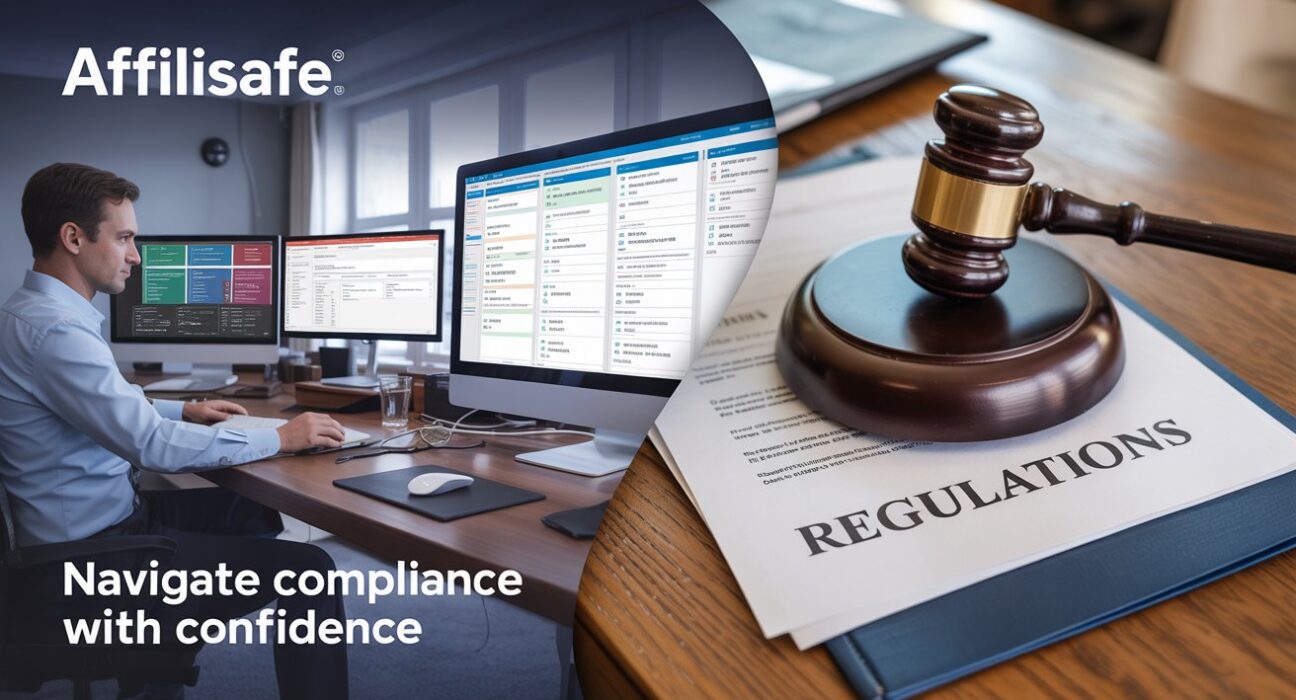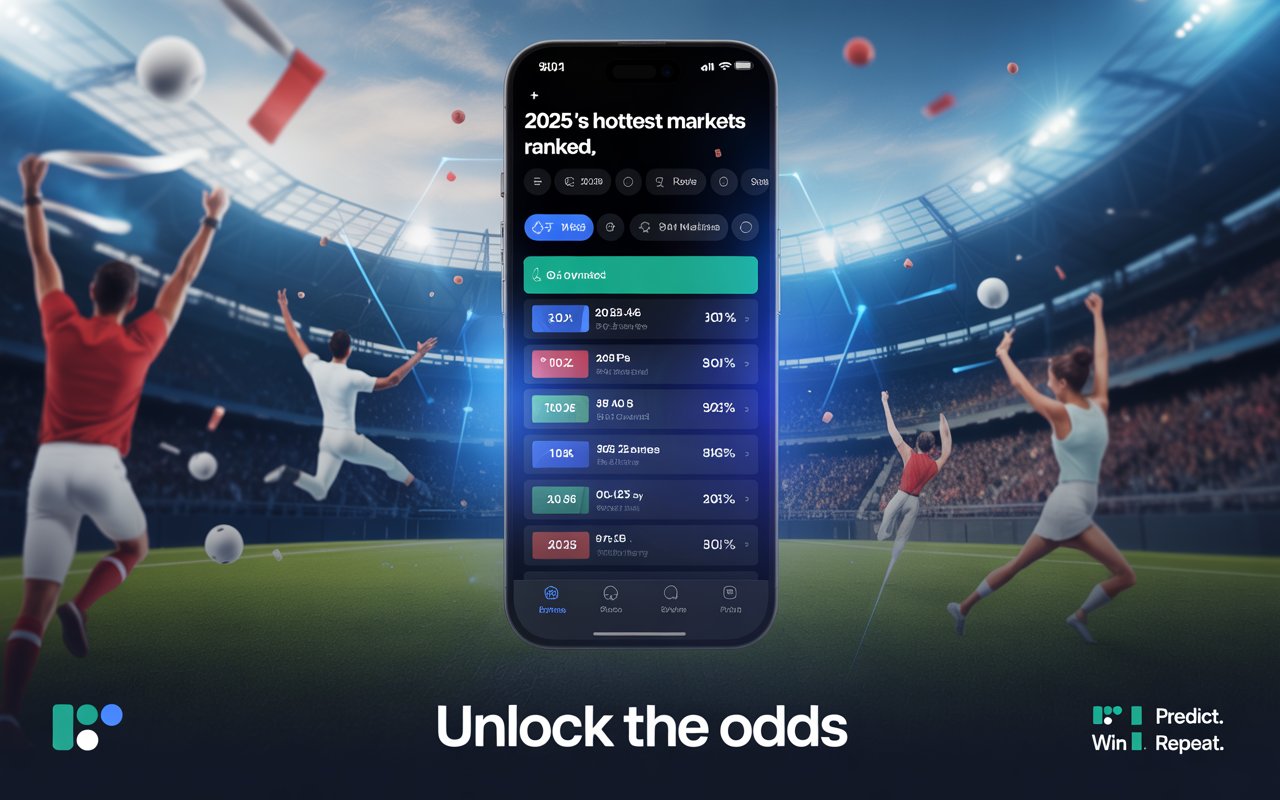In the high-stakes world of iGaming, affiliates are the rainmakers—driving traffic, conversions, and revenue. But in 2025, the age of opaque tactics, shadow deals, and undisclosed sponsorships is coming under scrutiny. Governments, regulators, and even players are demanding more transparency and accountability in how affiliates operate.
So, is regulation finally catching up with the affiliate marketing machine? Or is this just noise that will pass?
This article explores the evolving landscape of affiliate compliance, disclosure standards, and looming regulations—and what they mean for casinos, sportsbooks, networks, and super affiliates.
🎯 Why Affiliate Transparency Matters Now
The affiliate model has long been a Wild West. Promoters build audiences and monetize via referral links—often with little oversight or disclosure. But with billions flowing into online gambling and increasing concerns about problem gambling, deceptive promotions, and underage targeting, regulators are no longer ignoring this channel.
Affiliate marketing is now seen as an extension of the operator’s brand, not just a third-party channel. And that means it’s being pulled into the regulatory spotlight.
🧩 The Problems Fueling the Push for Regulation
1. Lack of Disclosure
Many gambling influencers and streamers don’t clearly disclose when they’re being paid or incentivized by an operator. Users are often unaware that recommendations are commercial, not editorial.
2. False or Misleading Claims
- “100% win guarantee!”
- “No wagering requirements!”
- “Tax-free winnings!”
These often appear in affiliate content—but can be legally false or materially misleading.
3. Shady Bonus Bait
Affiliates sometimes advertise one bonus structure but redirect users to an entirely different offer—just to chase higher CPA or revenue share deals.
4. Unregulated Streaming
Casino streamers are a powerful affiliate force but frequently promote offshore or black-market brands—often to underage or vulnerable viewers on platforms like Twitch, Kick, or YouTube.
🌍 Regulatory Response: Country by Country
🇬🇧 United Kingdom (UKGC)
One of the most mature regulatory bodies, the UK Gambling Commission now mandates that:
- Affiliates must be treated as “third-party marketers” by operators.
- Operators are fully liable for affiliate content.
- All ads must be clearly labelled and not target children or vulnerable groups.
Recent trends: Twitch streamers paid by casinos have been investigated, and even banned, in some UK jurisdictions.
🇸🇪 Sweden (Spelinspektionen)
Swedish regulations prohibit unauthorized affiliates and have fined operators for ads placed on pirate or non-compliant sites. Strict marketing caps also apply.
🇩🇪 Germany (GlüStV 2021)
Germany’s new regulatory framework prohibits any affiliate content that:
- Appears on non-approved websites
- Uses misleading bonuses
- Fails to clearly mark commercial promotions
Violations can lead to license suspensions for operators, not just affiliate penalties.
🇳🇱 Netherlands (KSA)
The Dutch authority recently launched a dedicated affiliate audit taskforce. Influencer marketing in gambling is outright banned unless the influencer is registered and vetted.
🇺🇸 United States (State-by-State)
While there’s no federal framework, regulated states like New Jersey, Pennsylvania, and Michigan have implemented strict affiliate terms:
- Affiliates must register with the state
- Must disclose all financial relationships
- Can’t use misleading or “guaranteed win” language
🔍 What’s Being Proposed or Considered
✅ Affiliate Licenses
Like operators and suppliers, affiliates may soon need licenses in some markets. Expect:
- Background checks
- KYC for affiliate entities
- Transparency of ownership and payment flows
✅ Mandatory Disclosure Tags
Some regulators want affiliate content—especially social posts and videos—to visibly display paid promotion tags, similar to #ad laws in influencer marketing.
✅ Central Affiliate Registries
Talks are underway in Europe and Latin America to create central lists of “compliant” affiliates. Operators would be prohibited from working with unlisted marketers.
🔧 What Smart Affiliates & Operators Are Doing Now
1. Full Funnel Disclosure
Top affiliates are embedding disclosures at every touchpoint—from blogs and banners to emails and TikToks.
Example: “We receive compensation from the brands listed here. This does not affect rankings or reviews.”
2. Bonus Clarity
No more clickbait. Instead of “Get 200 free spins,” affiliates are showing:
- Min deposit
- Wagering requirements
- Max cashout
3. Affiliate Compliance Tech
Tools like Rightlander, GiG Comply, and Blexr Audits scan affiliate pages for misleading content, outdated links, or blacklisted terms—helping both operators and networks stay in line.
🧠 Final Thoughts: Is Regulation Coming?
Short answer: Yes. Slowly, but surely.
The days of cloak-and-dagger affiliate marketing are fading. In 2025, transparency is the new competitive edge.
Operators want protection. Regulators want control. And players deserve honesty.
Affiliates who adapt to this reality—who treat their audiences with respect and their partners with compliance—will thrive in the next phase of iGaming growth.










